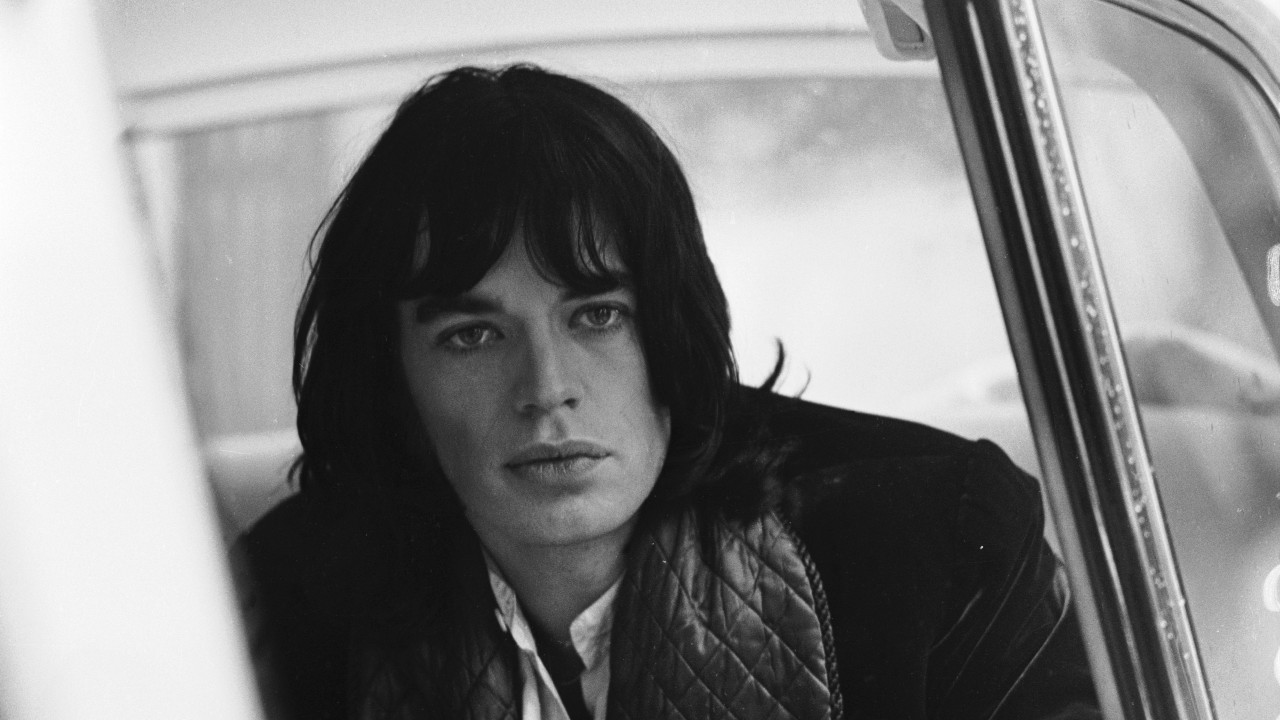Mick Jagger's ghostwriter explains why the rocker's scrapped autobiography was an "awful experience" in the making
Ghostwriter Barry Coleman was commissioned to work on Rolling Stone's Mick Jagger autobiography, but it was a train wreck for everyone involved and eventually axed

Ghostwriter Barry Coleman has opened up about the "awful experience" of working with Rolling Stones' Mick Jagger on his autobiography – that was never published.
In conversation with The Guardian, Coleman remembers how he was only given two weeks to complete the now-axed book. He was subbed in by publisher Weidenfeld & Nicolson in 1983 to carry on the work of another writer who failed to finish the project.
When the publishing company first called Coleman in to an "urgent and disorienting" meeting, he recalls how he thought something must had gone "horribly wrong". In fact, it appeared that Mick Jagger had cashed in £1m for a proposed autobiography, but failed to produce the book. It was also explained that the financial risk presented an “existential threat” to the company. This prospect added to the severity of the situation, as well as the weight put on Coleman's shoulders when he was brought in to take over. Coleman explains: "They said: ‘You’re the only person we know who can do this.' So rather surreally I became Mick Jagger’s ghostwriter’s ghostwriter.”
Coleman went to work on the project in New York, but things took a turn for the worst early on when the original writer stopped returning his calls.
Describing the state of the project during the initial handover, Coleman explains: “Two chapters were more or less presentable. The rest was a pile of interview transcripts, and nothing related to recent years. Stitching everything together was an awful experience.”
The transcripts are said to contain rare recollections of meeting Keith Richards for the first time, guitarist Brian Jones’ death in 1969 and the Stones’ devastating show at the Altamont festival where crowd member Meredith Hunter was killed by a member of the Hells Angels, making it one of the most sought-after projects in publishing.
“All the big stuff was in there, there just wasn’t anything interesting said about it," Coleman says of the material. “There was always this sense in the transcripts that Mick was holding back, or trying not to hurt anybody’s feelings.”
Sign up below to get the latest from Classic Rock, plus exclusive special offers, direct to your inbox!
Eventually, Jagger decided to scrap the autobiography, telling BBC 6 Music's Matt Everett that in the end, he "couldn't be bothered with it", and that it was a "dull and upsetting" process. Jagger explained:
"When I actually started to get into it, I just didn’t enjoy reliving my life. So I just said: ‘I can’t be bothered with this,’ and gave the money back. If you wanna write an autobiography, you can’t do it in a week. It takes a lot out of you. It takes a lot of reliving emotions, reliving friendships, reliving ups and downs … I just didn’t enjoy the process."
On hearing Jagger's decision, Coleman explained how he reasoned with the Rolling Stone on ways he might consider carrying on, stating: “We’d talked a lot about whether he still wanted to go ahead, or whether we could do it again, but differently. Mick didn’t blame me. He just didn’t want to do it.
"I think he respected his audience by not giving them something ordinary about an extraordinary life," Coleman continued. "I’ve lived with this story for 38 years with a certain frustration, but in a way it tells you more about Mick than anything that could have come out in a mediocre book.
"It needed Mick to be able to talk to someone like he might a therapist, approach his life from a tangent. Instead we ended up with something that was too pedestrian for Mick Jagger.”

Liz manages Louder's social media channels and works on keeping the sites up to date with the latest news from the world of rock and metal. Prior to joining Louder as a full time staff writer, she completed a Diploma with the National Council for the Training of Journalists and received a First Class Honours Degree in Popular Music Journalism. She enjoys writing about anything from neo-glam rock to stoner, doom and progressive metal, and loves celebrating women in music.
